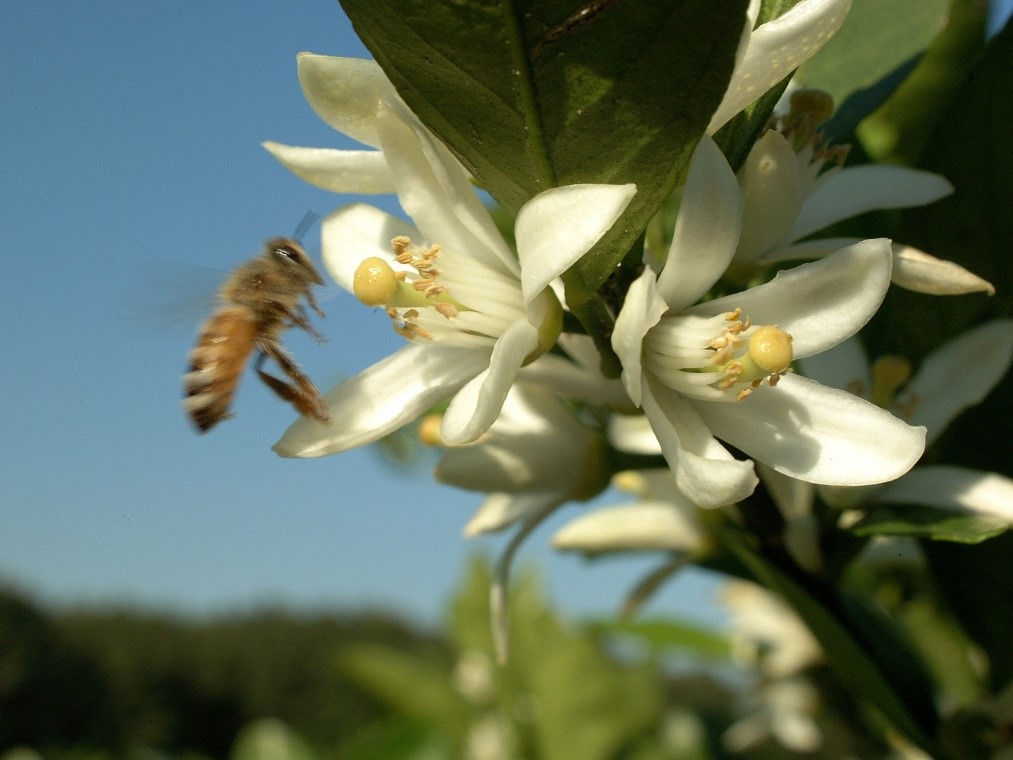A Continued Series
If you are currently eating breakfast or enjoying a nice cup of coffee or tea-thank a pollinator. While you are outside today, enjoying the fresh air and shade-thank a tree. These are a couple examples of the nearly innumerable benefits we receive from our environment. So, take a deep breath of fresh air and thank the environment around you.
Our environment provides everything needed to survive, but it also provides economic and social benefits. Benefits derived from our environment are described as ecosystem services. Ecosystem services are vast, numerous, and interconnected among one another. Any disruption of an ecosystem service is resonating. Florida’s social, economic, and environmental livelihood are deeply tied to healthy ecosystem services. Whether vital for our economic development, public health, or climate mitigation, every ecosystem service beneficially impacts every Floridian.
Regulating Ecosystem Services
Ecosystem services is a broad term commonly organized into four categories: supporting, provisional, cultural, and regulating ecosystem services. Two weeks ago we began a new series together, discovering the different categories of ecosystem services. Today’s article will focus on regulating ecosystem services.
Air Quality
Regulating ecosystem services are commonly taken for granted but are imperative for maintaining and regulating a healthy environment. The most common regulating ecosystem service we directly benefit from is trees and plants ability to regulate air quality. Trees within urban centers are commonly referred to as the “Lungs of the City” because of their ability to remove pollutants from the atmosphere.
Climate Regulation
Our environment has the extreme capability to regulate the global climate. Our environment captures and stores atmospheric carbon. Through deforestation, unsustainable landscape management practices, improper development patterns, and wetland loss, we lose the environment’s natural capacity to regulate global climate. Coupled with increased carbon emissions, globally, we are now dealing with climate change. Reforesting our environment is critical because we rely on our environment’s ability to capture and store carbon.
Pollination
Pollination is another important regulating ecosystem service. Insects are our primary pollinators, but birds, bats, and wind can also help pollinate. Our pollinators help maintain environmentally rich and diverse landscapes. Pollination is incredibly important for maintaining healthy ecosystems, but we also benefit from pollination in agricultural production. A Cornell study indicated that pollinators are responsible an annual $29 billion (yes, with a “B”) contribution to United States agricultural production. Protecting pollinators and other beneficial insects are incredibly important for maintaining healthy ecosystems, economic vitality, and global food security.

Photo Courtesy of UF/IFAS
Water Quality
Water quality is very important for environmental health. Our environments help protect water quality by naturally removing pollutants. Trees and shrubs can help reduce pollutants entering water bodies. Many animals, like shellfish, even help improve water quality through filtration. Protecting and enhancing our natural ecosystems maintains natural regulating ecosystem services that protect water quality.
These four examples of regulating ecosystem services are the tip of the iceberg. Commonly taken for granted, the regulating ecosystem services are incredibly important for maintaining a healthy, thriving environment that supports life.
Ecosystem services are everywhere. As we continue the ecosystem services series together, explore your neighborhood and community. What ecosystem services are you beginning to see and recognize? How different would our environment be without these ecosystem services? As always, I’m rooting for you. If you have any questions, feel free to reach out to UF/IFAS Extension Alachua County.
Click HERE for the third article in the Beyond the Air We Breathe Series on Provisioning Ecosystem Services.
Post One: The Limitless Benefits of Our Environment
Post Two: Regulating Ecosystem Services
Post Three: Provisioning Ecosystem Services
Post Four: Cultural Ecosystem Services
Post Five: Supporting Ecosystem Services
 1
1
